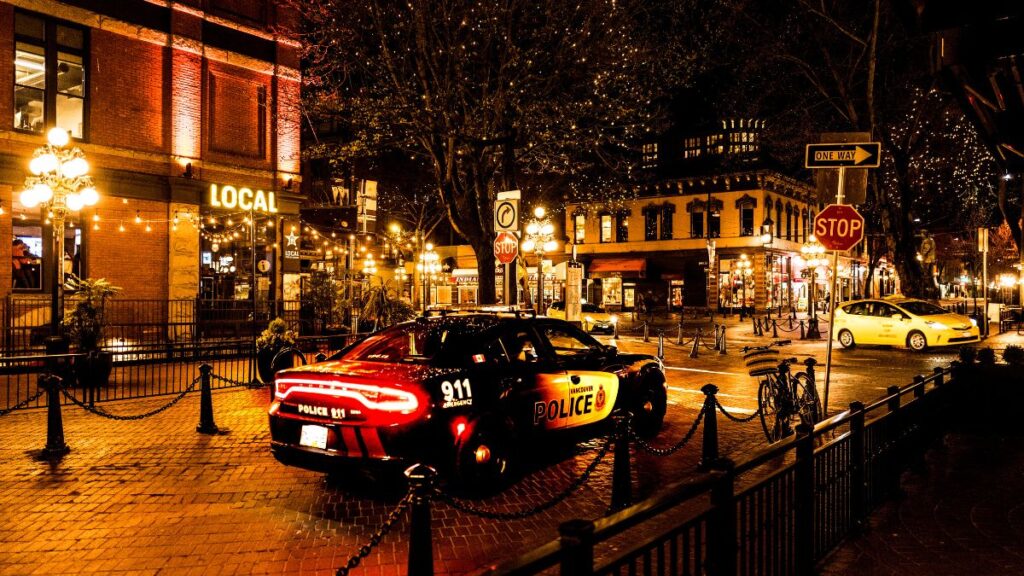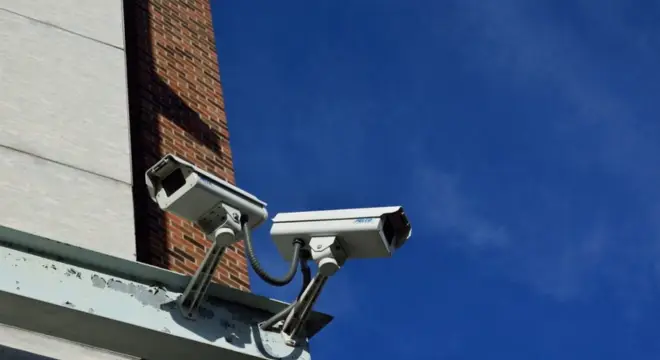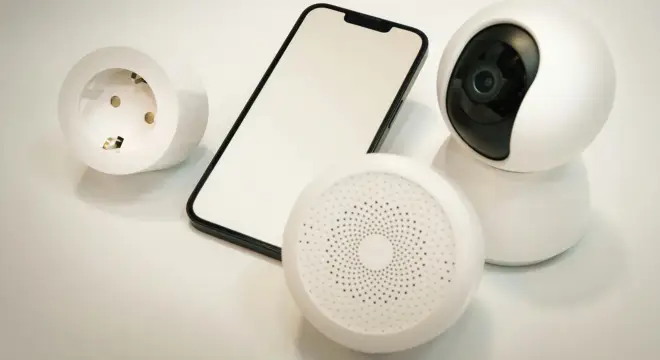Clinton Double Death Case: Could a Security System Have Prevented It?
A quiet neighborhood in Clinton, Iowa, turned into a crime scene after two individuals were found dead inside a private residence on April 18, 2025. While the investigation is still ongoing, such incidents leave behind more than just unanswered questions—they shake the core of how safe we truly feel within our own homes.
As homeowners, it’s easy to believe that tragedies like this only happen “somewhere else.” But this event reminds us how quickly things can change. Beyond the shock and grief, situations like this push us to reflect on how secure our homes really are and what steps we can take to protect ourselves and our loved ones.
In this article, we take a deeper look at what happened in Clinton, how events like this impact homeowner confidence, and most importantly—what home security lessons can be learned.
Incident Recap: What Happened in Clinton?
According to a report by KWQC News, Clinton police discovered two deceased individuals inside a residence on Friday morning, April 18, 2025. Details about the victims and the cause of death have not been fully released, but the case is being treated as a suspicious death investigation.
Local authorities were seen conducting an extensive forensic sweep of the property, and neighbors reported feeling unsettled and worried about their own safety. The police have assured the public that there is no immediate threat to the community, but the incident has understandably sparked concern among homeowners in the area.
Why Incidents Like This Shake Homeowner Confidence?
Crimes that occur in residential areas have a ripple effect. It’s not just about the victims—it’s about the fear that settles into the minds of every nearby resident. When something so severe happens in a space meant to feel safe, it forces everyone to rethink their security.
In situations like these, homeowners start asking hard questions:
- Is my home truly secure?
- Would I know if someone broke in?
- Am I doing enough to protect my family?
It only takes one incident to trigger a sense of vulnerability across an entire neighborhood. And that’s why it’s so important not just to react, but to prepare.
Common Home Security Loopholes

While technology has made home protection easier than ever, many homeowners still overlook basic yet critical security gaps. Tragedies like the Clinton case highlight just how important it is to recognize and address these loopholes before it’s too late.
Here are some of the most common home security weaknesses:
- Lack of Security Cameras: Many homes still don’t have even a basic camera system. Without surveillance, there’s no way to monitor suspicious activity around the house.
- Unlocked or Weak Entry Points: Doors with old locks, windows left open or unsecured, and garages without proper sensors are easy access points for intruders.
- Poor Exterior Lighting: Criminals often target homes with dark driveways, backyards, or porches—areas where they can move unnoticed.
- No Alarm or Monitoring System: An unmonitored alarm system means no one responds when something goes wrong. Every second counts in emergencies.
- Disconnected or Weak Neighborhood Communication: A strong community can serve as a powerful defense. Lack of communication between neighbors reduces awareness and support during unusual events.
- Outdated Technology: Security systems not regularly updated or maintained can be bypassed easily, especially by intruders who know how to exploit them.
Addressing these gaps doesn’t always require a massive budget—many solutions are affordable and easy to implement with the right planning.
You can also read about the shooting incident which was held in Killeen here: Killeen Shooting Incident: A Wake-Up Call for Home Security Measures
How to Strengthen Your Home Security?
It’s one thing to identify risks—it’s another to fix them. Whether you’re a homeowner or a renter, these steps can drastically improve your safety and peace of mind:
- Install Smart Cameras and Video Doorbells: These allow real-time monitoring and often come with motion detection and two-way audio to deter suspicious activity before it escalates.
- Reinforce All Entry Points: Use deadbolts, strike plates, and smart locks. Don’t forget sliding doors and garage entrances.
- Add Motion-Activated Outdoor Lights: Bright lighting automatically triggered by movement is a proven deterrent to criminal behavior.
- Invest in a Monitored Alarm System: Choose a service that notifies authorities immediately if suspicious activity or break-ins occur.
- Join a Neighborhood Watch Group: Community-driven safety programs are proven to reduce crime by increasing collective awareness.
- Use Security Signage: Even fake signs and visible cameras can discourage break-in attempts.
- Secure Your Wi-Fi Network: Many smart home systems rely on Wi-Fi. A vulnerable connection could be used to disable your security devices.
- Practice Safe Habits: Always lock doors and windows, even when you’re home. Don’t announce vacations on social media. Keep valuables out of plain sight.
Each home is different, but safety begins with awareness and consistent effort. Even small improvements today can prevent big regrets tomorrow.
Lessons Learned from the Clinton Tragedy
Tragic incidents like the Clinton home deaths are heartbreaking, but they also serve as stark reminders of how unpredictable life can be—and how vulnerable our homes may be without proper security.
While the full details of the case are still unfolding, there are critical takeaways for homeowners everywhere:
- Never Assume Safety Based on Location Alone: Many people believe that living in a quiet or “safe” neighborhood guarantees protection. The truth is, crime can happen anywhere. Safety isn’t about where you live—it’s about how well you prepare.
- Proactive Security Beats Reactive Regret: Too often, security upgrades happen after something bad occurs. By then, it’s too late. Taking action beforehand—like installing smart tech, upgrading locks, or building community awareness—can prevent loss, trauma, or worse.
- Every Home Needs a Safety Plan: Just like you’d have a fire escape plan, you need a security protocol too. Know who to call, how to respond to intrusions, and how to keep vulnerable family members safe during emergencies.
- Security Is an Ongoing Responsibility: It’s not a one-time upgrade. Security systems need maintenance. Neighborhoods change. Family routines shift. Your security strategy should evolve with your lifestyle.
Ultimately, the Clinton tragedy serves as a sobering case study on the importance of both awareness and action. It’s not about living in fear—it’s about living smart.
Conclusion
The Clinton home incident is a painful reminder that no home is immune to danger. But while we cannot control every threat, we can control how prepared we are to face them. Whether through smarter security systems, safer entry points, or better awareness, there’s always room to improve how we protect our homes and loved ones.
Real safety starts with action—no matter how small.
Want to upgrade your home’s security before it’s too late? Explore our expert guides, trusted product reviews, and practical tips at BuildLikeNew. Visit our website and start securing your home—the smart way.
Disclaimer: This article includes information based on public reports regarding an ongoing investigation by Clinton police. The details may evolve as new updates emerge. The purpose of this article is to raise awareness about home safety and does not speculate or draw conclusions about the ongoing case. Readers are encouraged to follow local law enforcement channels for official updates.


